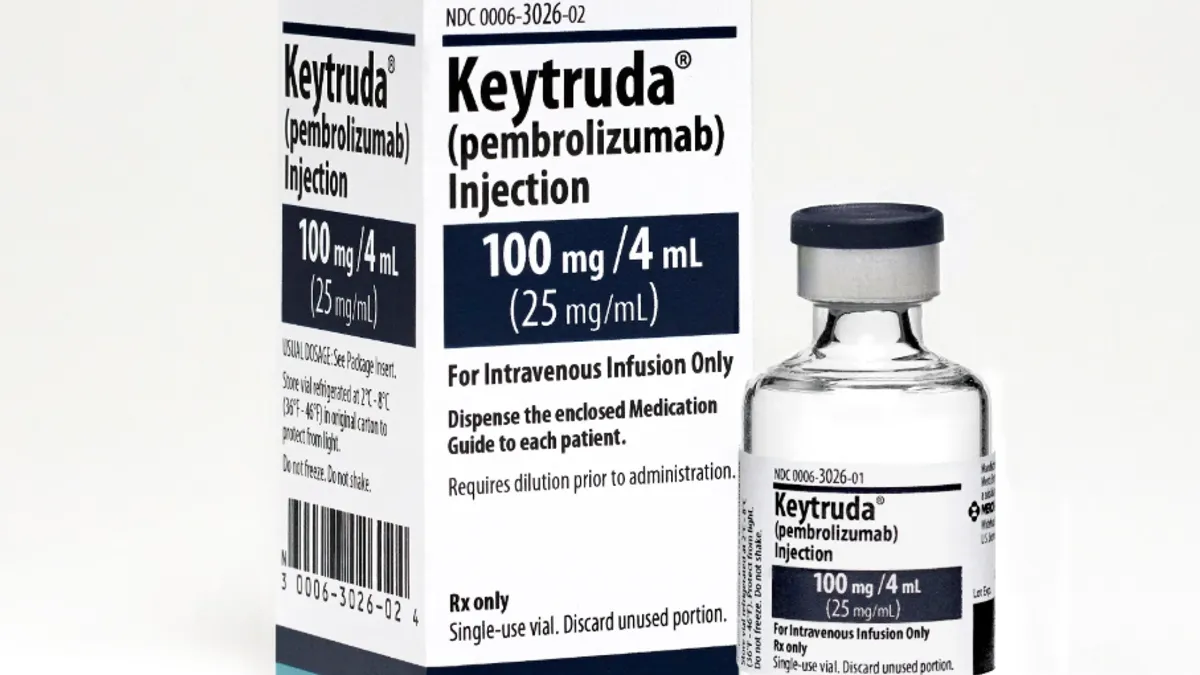A successful career in clinical data management is more rewarding — and more challenging — than ever before.
Incumbents and those aspiring to the job must not only be technically proficient, but must also be strong communicators, project managers, and critical thinkers.
While technological advances have touched every position within the drug development field, none, perhaps, has been more drastically altered than that of clinical data manager (CDM). CDM professionals currently have an opportunity — even a mandate — to develop new skills and adopt a fresh outlook to ensure that they continue to add value to the organization.
The CDM is responsible for ensuring that the data used to evaluate products in development are reliable, valid, and delivered in compliance with regulatory standards. In recent years, the scope and nature of the CDM’s role has been impacted by new technologies to improve the efficiency of drug development. With electronic data capture (EDC) and other technologies such as electronic patient-reported outcomes (ePRO), interactive response technologies (IRT), and electronic endpoint management systems, data are entering the clinical trial system from more sources, in more formats, than ever before. And, risk-based monitoring (RBM) has dramatically shifted the focus of what data are reviewed, when, and how.
New Skills Required
CDM is now a much more developed profession than it once was, and the demands of the job now necessitate an expanded skill set and body of experience. Over the last five to 10 years, as the above technologies have been taking hold, the clinical data manager’s role has shifted as seen in Figure 1.
CDMs are an integral part of the study team and must work with colleagues around the world to ensure efficient and robust data collection. Consequently, they must possess strong leadership and communication skills, including the ability to actively listen to their clients and to discuss issues across a broad set of stakeholders.
The Art of Re-Invention
CDMs must be proactive in ensuring that they are prepared to deliver against the organization’s changing needs. Below is some general advice for how to do that:
Keep the end goal in mind.
Ultimately, the decisions made with clinical data will affect people’s health and lives.
Take charge of your own development.
Enlist the help of your manager, but realize that you’re in charge of your own growth strategy.
Stay abreast of the changing drug development landscape.
Seek out perspectives — such as through industry publications and conferences — on how the industry is changing and the future forecast.
Keep current in your field.
Join a professional organization such as the Society for Clinical Data Management (SCDM), which has a certification program; the Drug Information Association (DIA); and the Clinical Data Interchange Standards Consortium (CDISC).
Understand changing expectations.
Stay abreast of guidance shared by industry organizations (such as TransCelerate) and regulatory authorities on new approaches to monitoring and data reporting.
Stay flexible and adaptable.
Be open to working in different ways and exploring new opportunities.
A successful career in clinical data management is more rewarding — and more challenging — than ever before. Incumbents and those aspiring to the job must not only be technically proficient, but must also be strong communicators, project managers, and critical thinkers.
Figure 1 — The Changing Clinical Data Manager Role
Yesterday
» Passive. Focused on meeting the demands of the trial team.
» Quality control focus. Validated and reviewed data for discrepancies.
» Tactical/administrative orientation. Tracked paper documentation (i.e. paper CRFs, diaries, and queries).
» Followed procedures by rote. Extensive use of, and reliance upon, checklists.
» Retrospective approach to data review (i.e., lag times in data collection, receipt, and processing).
Today
» Proactive. Expected to add value through process improvements and initiating change.
» Broad systems responsibility. Oversees the processes and technologies needed to capture, integrate, store, and report data.
» Planning and project management orientation.
» Analyzes information. Makes decisions on data discrepancies based on knowledge of the compound, the protocol, risk profile, etc.
» Prospective/near real-time data review.
» Opportunities to integrate/drive risk-based and centralized monitoring activities.
inVentiv Health Clinical, a leader in drug development services, has a global infrastructure, therapeutic expertise, and a commitment to quality serving pharmaceutical, biotechnology, generic drug, and medical device companies of all sizes around the world. For more information, visit inventivhealthclinical.com.



















